EU Project Pravo-Justice Supported the Forum "Ukraine’s Accession to the EU: Shaping the Transformation Agenda"
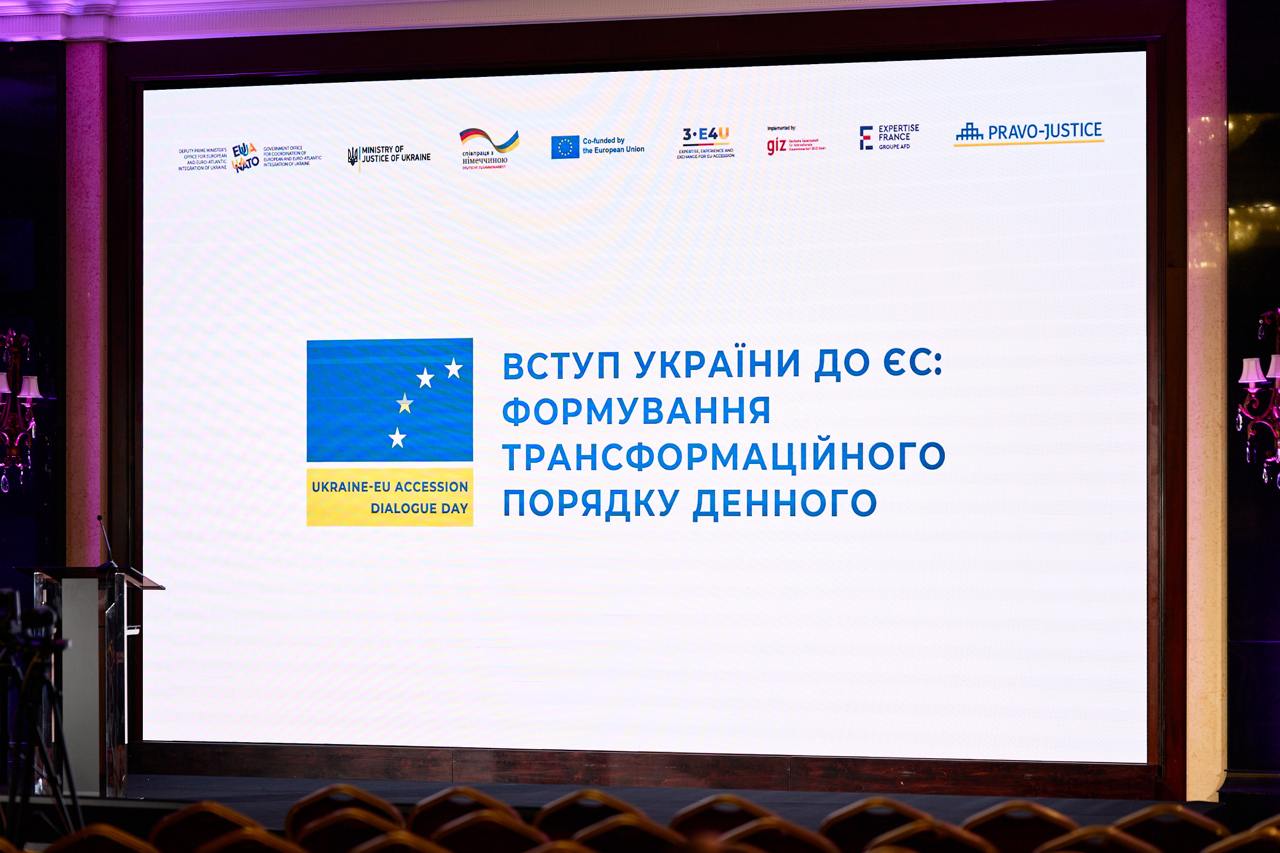
On 7 February, the Forum "Ukraine’s Accession to the EU: Shaping the Transformation Agenda" took place in Kyiv. The event was organised by the Office of the Vice Prime Minister for European and Euro-Atlantic Integration and the Ministry of Justice of Ukraine in partnership with the Project "Strengthening Ukraine’s EU Alignment in the Rule of Law" (3E4U) funded by the German Federal Foreign Office and EU Project Pravo-Justice. The forum gathered various representatives of government agencies, the European Union, and the expert community.
The participants discussed the plan for transformations in Ukraine in the fields of the rule of law, public administration, and democratic institutions, particularly the roadmaps that will become key benchmarks for assessing whether Ukraine meets EU membership criteria in the coming years.
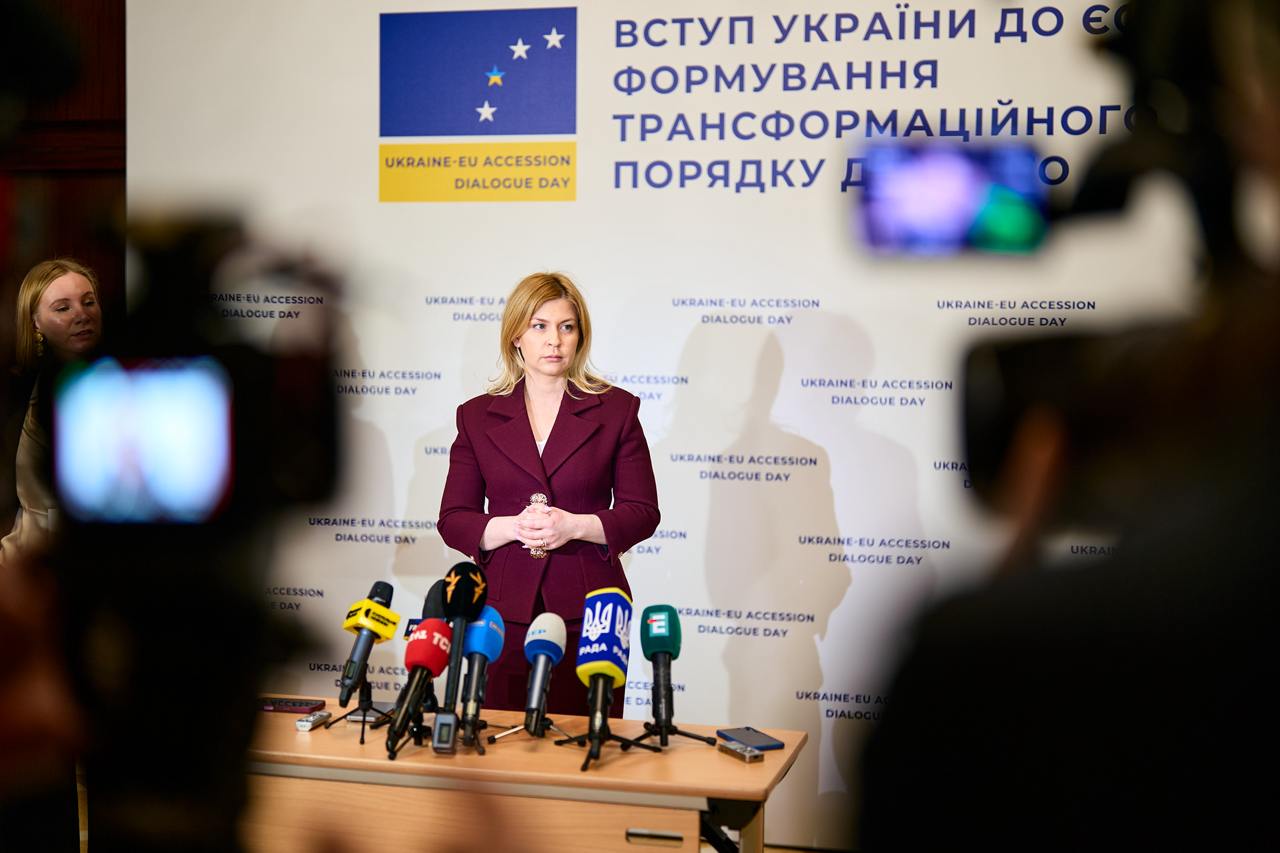
"European integration is a nationwide process. It involves all branches of government, civil society, and the entire country. This is a challenging task, and it is difficult because everything actually depends on us. I am convinced that despite the complexity of engaging a wide range of stakeholders, the ever-present intense workload, and certain obstacles that may arise along the way, we will manage to navigate this path together," said Olha Stefanishyna, Vice Prime Minister for European and Euro-Atlantic Integration and Minister of Justice of Ukraine.
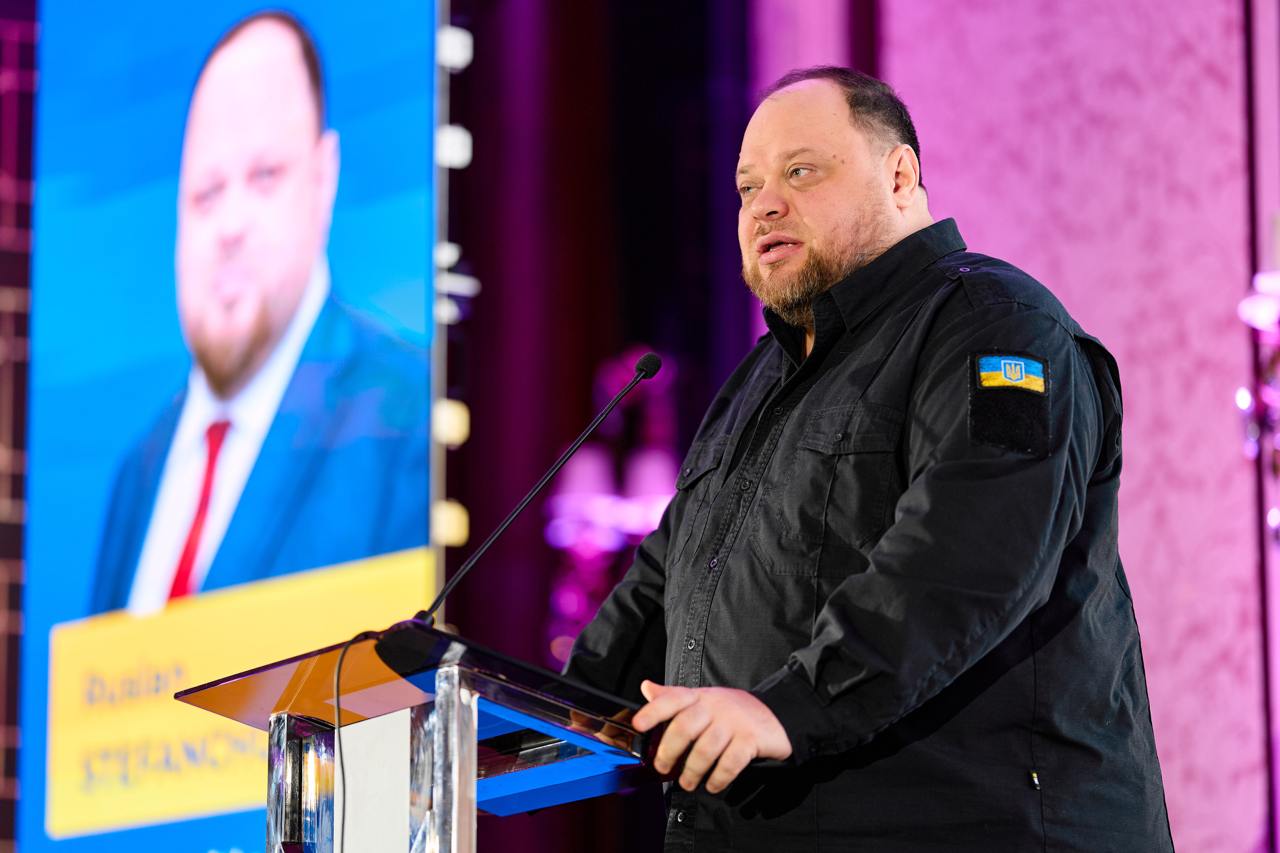
Chair of the Verkhovna Rada, Ruslan Stefanchuk, said that the Ukrainian part understands that European integration process is colossal in scope and requires utmost commitment from all democratic institutions, including the Parliament.
"Together with my colleagues, we have suggested a draft law introducing the so-called fast track for European integration laws. We are currently processing this draft law, and I believe it can be adopted. It will significantly simplify the procedure for passing many European integration draft laws as they could be adopted in one reading. Besides, we have considerably reformed the structure of the Committees and designated a subcommittee in charge of European integration issues in each Committee," he emphasised.
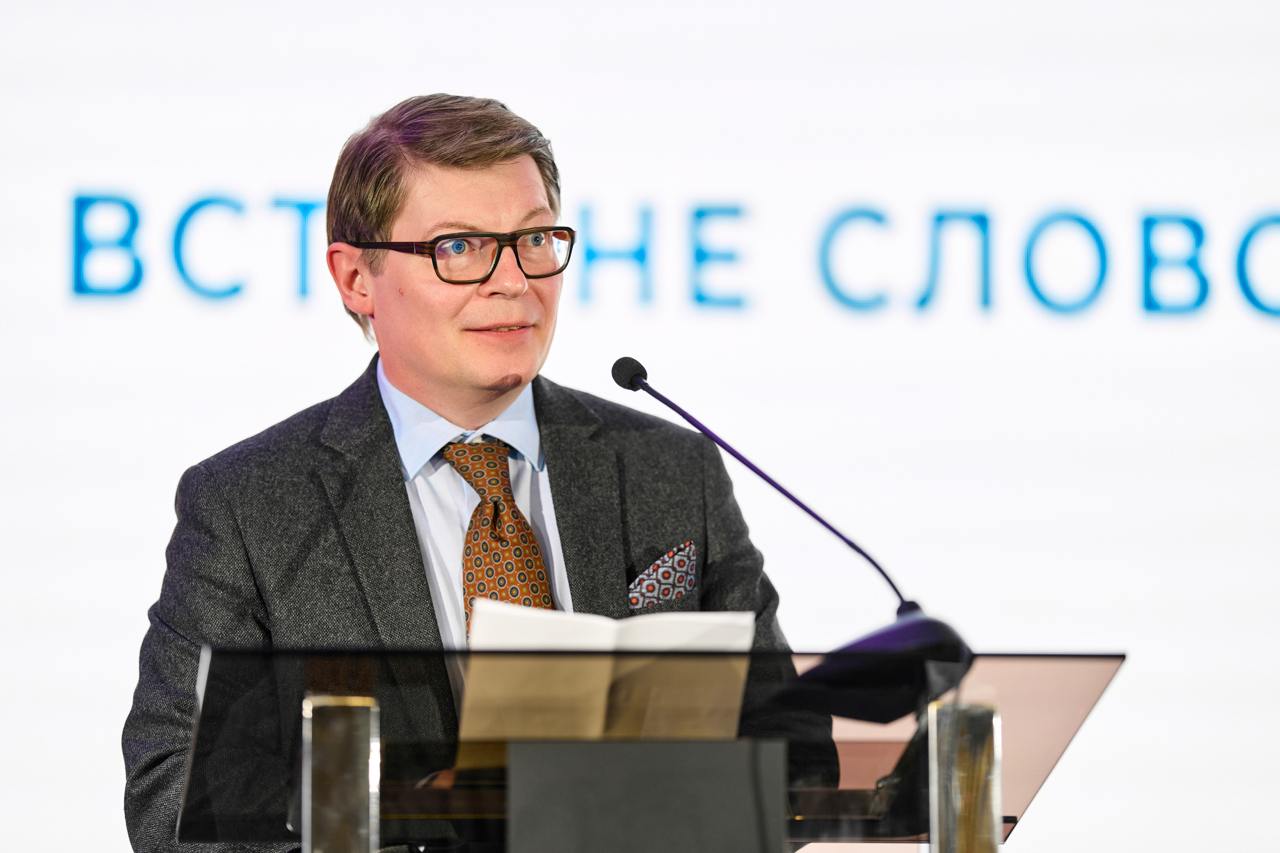
Rémi Duflot, Deputy Head of the EU Delegation to Ukraine, said that EU accession is a marathon rather than a sprint, and the EU and its Member States stand ready to support Ukraine at every step of the way.
In particular, he noted the extraordinary progress achieved by Ukraine on the European integration track through its outstanding efforts in the face of Russian armed aggression. These efforts resulted in a screening report on Cluster 1 – Fundamentals, which the European Commission has recently submitted to the Council.
"Certainly, it will take tremendous transformational reforms to achieve full alignment with EU directives and standards. In this regard, the Ukrainian government has demonstrated an extraordinary commitment to fulfilling its obligations. The strongest component of this work is that the Ukrainian part engages the civil society in the process, which plays an important role in monitoring and shaping the reform agenda. They are our partners who stand shoulder to shoulder with us to facilitate a smooth accession process," he emphasised.
Deputy Head of the EU Delegation to Ukraine also acknowledged the role of EU Project Pravo-Justice and other EU projects for providing expertise in key areas of institutional transformation.
"These projects reflect our commitment and willingness to support Ukraine in building a more transparent and stronger democratic system," he emphasised.
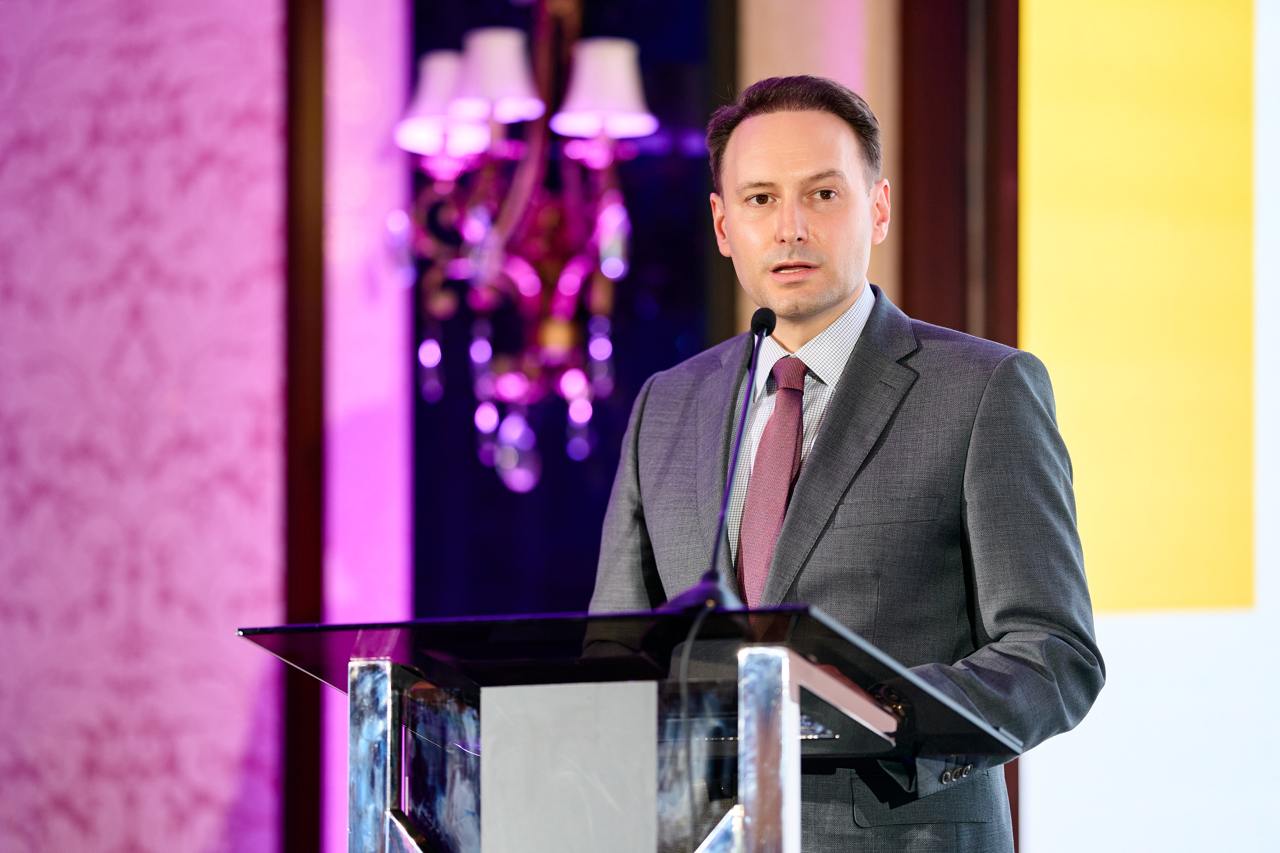
Maximilian Rasch, Deputy Ambassador of Germany to Ukraine, praised the progress made by Ukraine so far and called for broad involvement.
"The progress must be matched by meaningful and in-depth participation of all of Ukraine", he said.
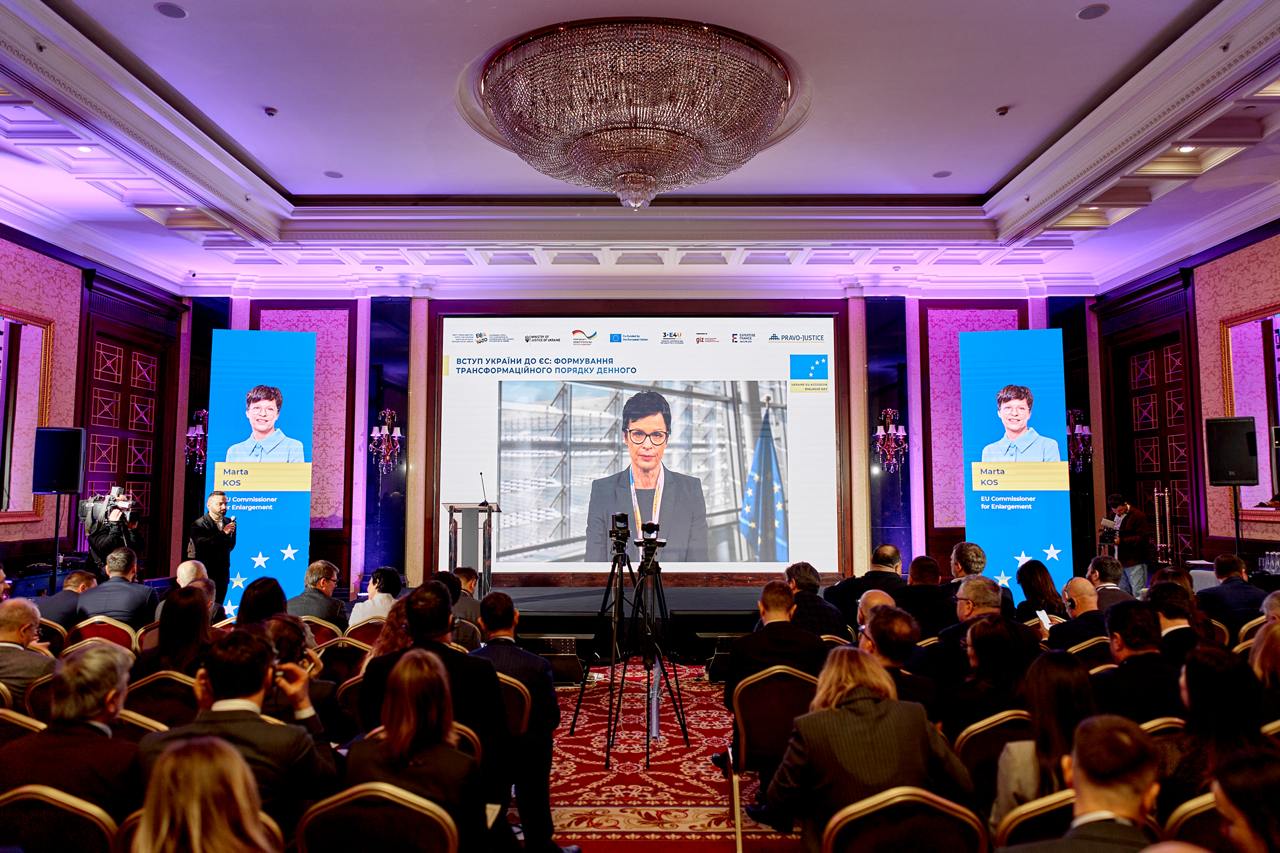
Marta Kos, EU Commissioner for Enlargement, also addressed the event attendants by video, assuring them that her team and the team of EU Delegation to Ukraine are doing their utmost to facilitate the negotiation process as efficiently as possible.
"I have already visited Warsaw to discuss with the Polish presidency of the Council of the EU how we can work together to greenlight the opening of the Fundamentals Cluster. It is crucial that you have clear roadmaps when we get to the point of setting the initial benchmarks for Cluster 1," said the EU Commissioner.

During the event, Oksana Tsymbrivska, Team Leader of EU Project Pravo-Justice, moderated the panel "EU Accession as a Nationwide Project: The Role of Civil Society". She pointed out that in wartime, civil society is not just a watchdog but much more. Civil society is the human and expert capital the country needs here and now.
"The state should be open to civil society and vice versa. Ukraine will become a full member of the EU only when they work in synergy," she said.
She also emphasised the role of the Shadow Report as a tool for the active involvement of civil society in the European integration process.
"Last year, with the support of EU Project Pravo-Justice, the first Shadow Report on negotiating Chapter 23 was produced. It helped civil society not only point out gaps in the legislation but also give recommendations on how to improve it," she said. According to her, it is essential to share this experience, try to build a dialogue and provide an alternative and independent point of view.